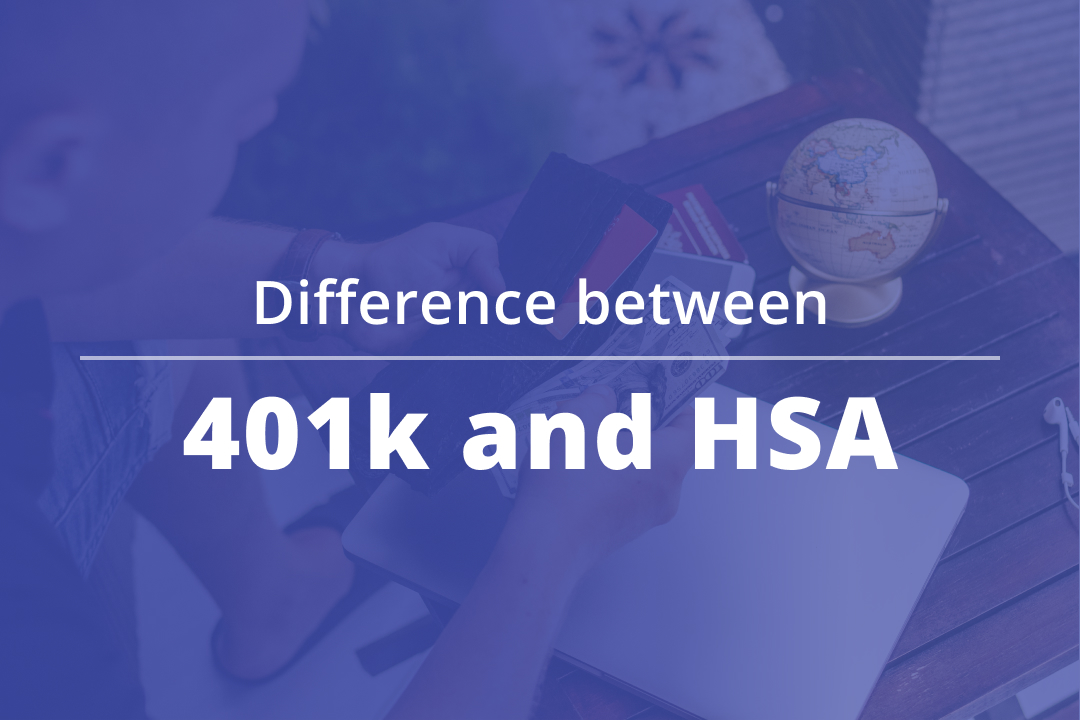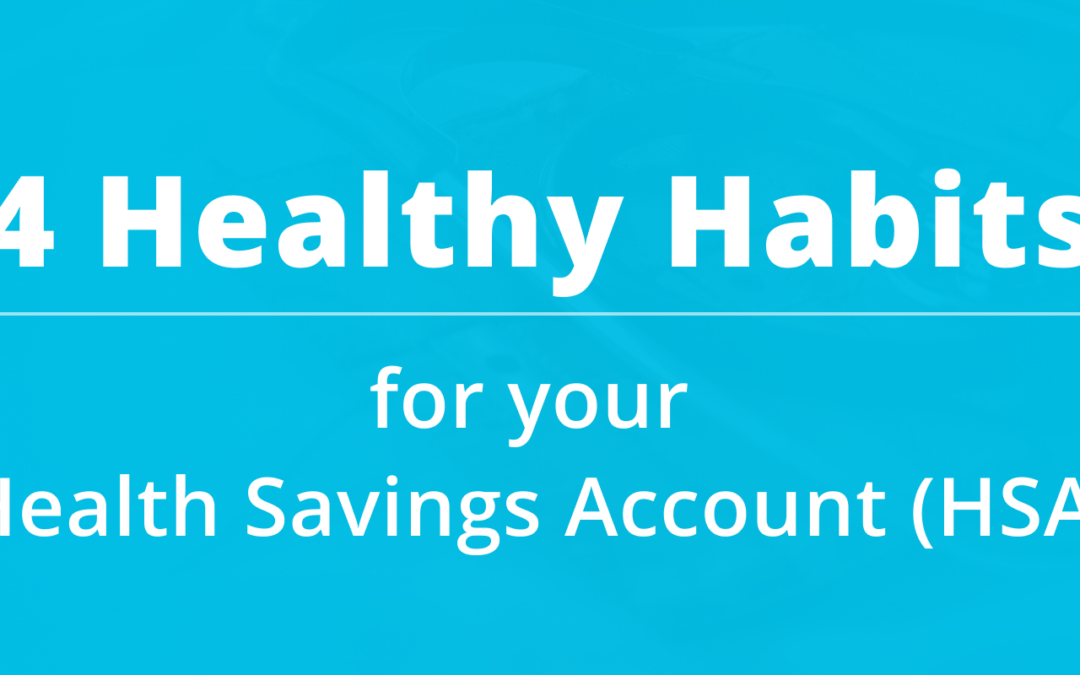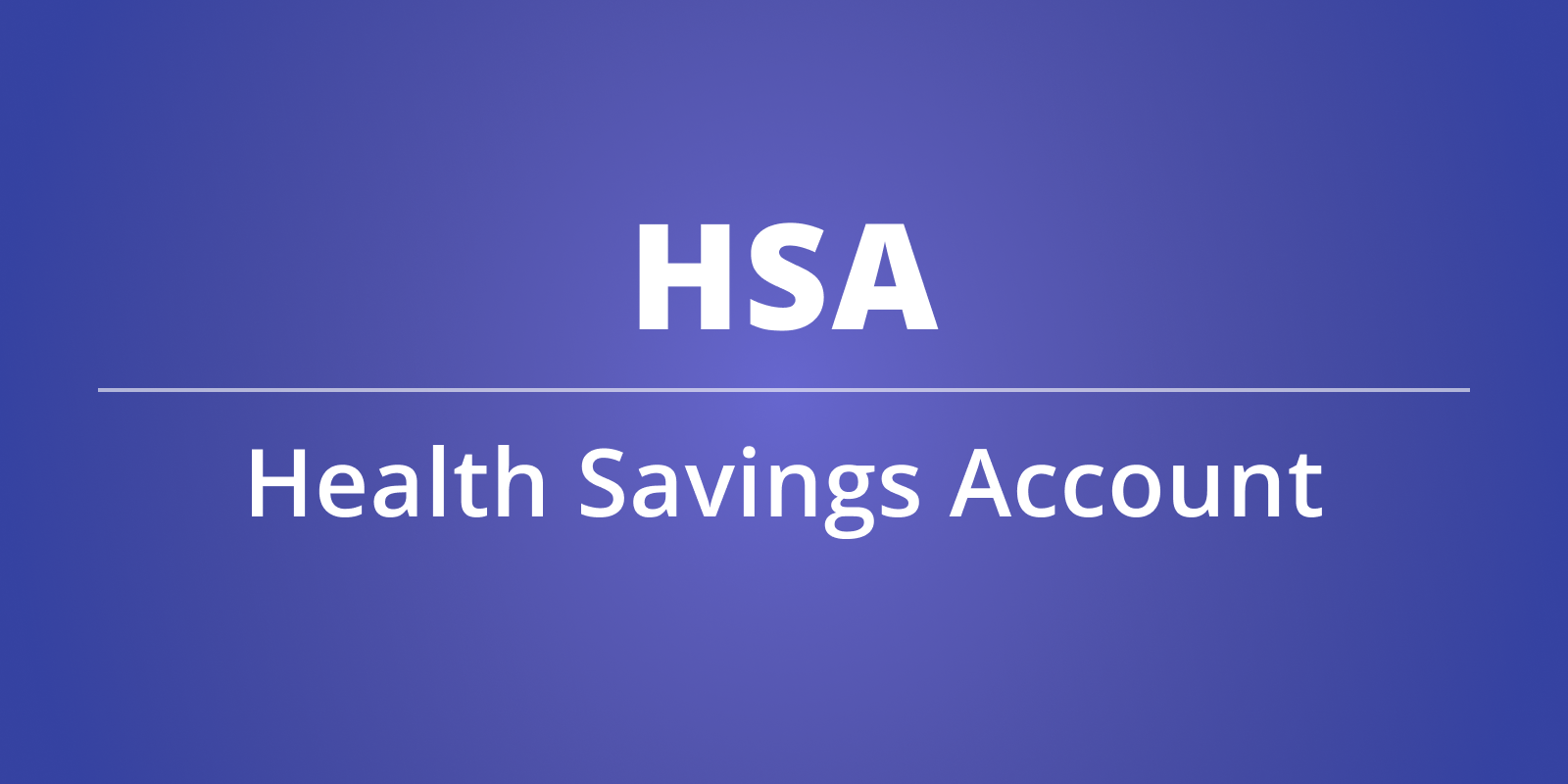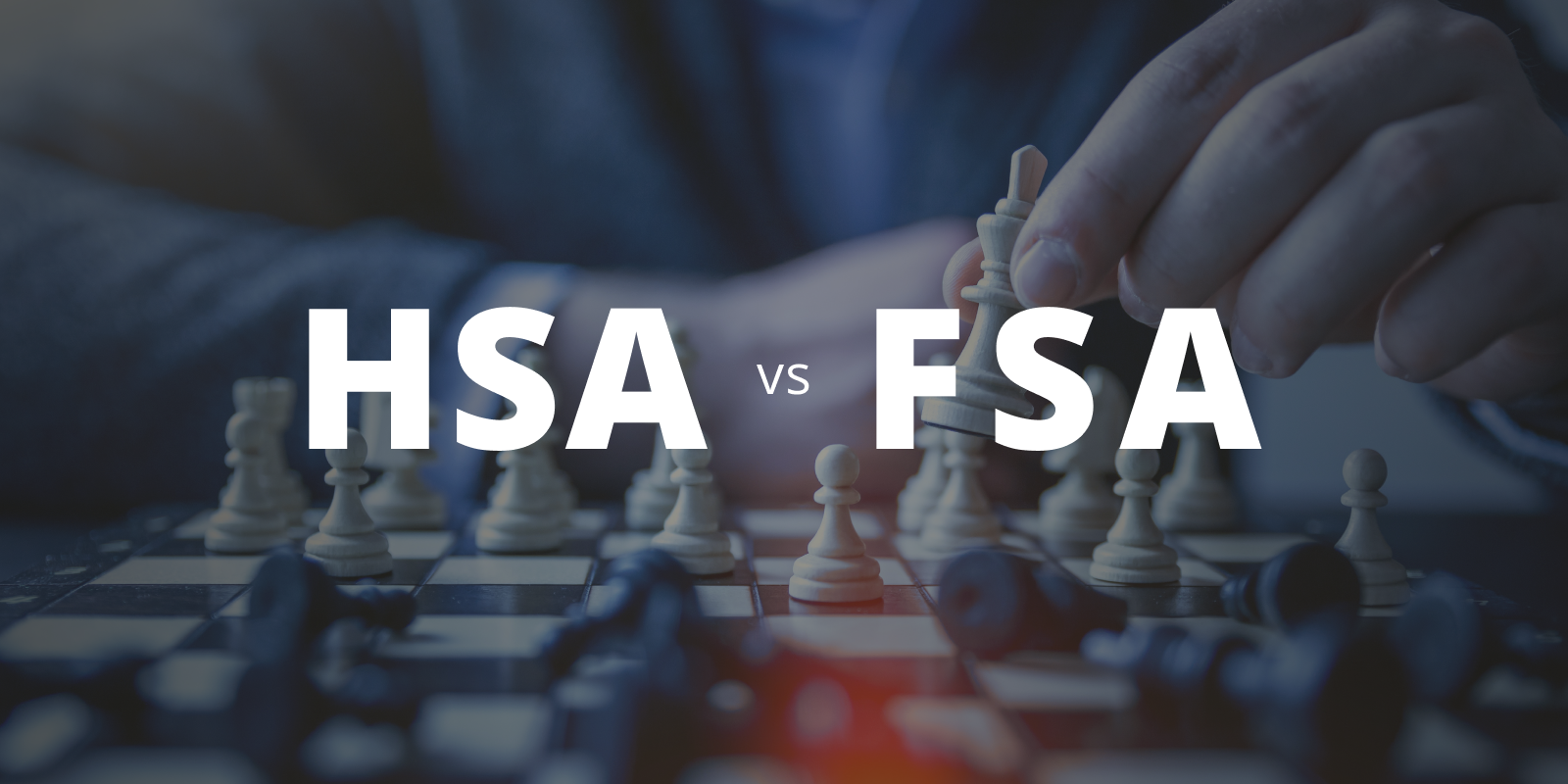When you start to think about saving for retirement, figuring out the right strategy for you can be a daunting task. How much should I be saving? How long do I expect the money to last? What do I plan to do in retirement? How will I plan for healthcare?
If some of these questions leave you scratching your head–you’re not alone. According to a study, 56% of Americans don’t know how much they will need to comfortably retire. While there are several ways you can go about saving for retirement, today we’re going to take a look at the difference between a 401(k) plan and a health savings account (HSA):
What is a 401(k)?
A 401(k) is an employer-sponsored retirement plan that is targeted to retirement savings. Employees can automatically contribute pre-tax earnings into their account and choose their investments which include target-date funds and mutual funds. Some employers offer contribution matches as an additional benefit to their employees.
The basic employee contribution limit for 2021 is $19,500 with an additional $6500 catchup contribution if you are over the age of 50. There are two types of 401(k)s, traditional and Roth, and while both are tax-advantaged, they differ on tax deferment. Taxes are deferred in a traditional 401(k) until you withdraw from the account. With a Roth 401(k), you pay taxes at the time of contribution and make tax-free withdrawals.
What is an HSA?
A health savings account, or an HSA, is used to make tax-free purchases on qualified medical expenses–today or in retirement. They are used in conjunction with a High Deductible Health Plan (HDHP) to help plan participants lower the cost of healthcare by saving tax money on qualified medical expenses. While plans are generally employer-sponsored, you can sign up for your own HSA through a qualifying health plan.
In 2021, the contribution limits were $3600 for individuals and $7200 for families. The catchup contribution for people 55 and up is $1000. The account is not a retirement account like a 401(k) plan. However, a lot of features make it advantageous to have in your retirement portfolio. HSAs are highly tax-advantaged and offer people the opportunity to invest their money for higher growth. The accounts are portable. Also, unlike the Flexible Spending Account (FSA), you don’t lose your money at the end of the year. Therefore, you can keep growing the balance. Also, past the age of 65, HSA account holders can withdraw funds for expenses other than medical.
While the road to retirement looks different for everyone–starting the journey can sometimes be the most challenging and exciting step.








